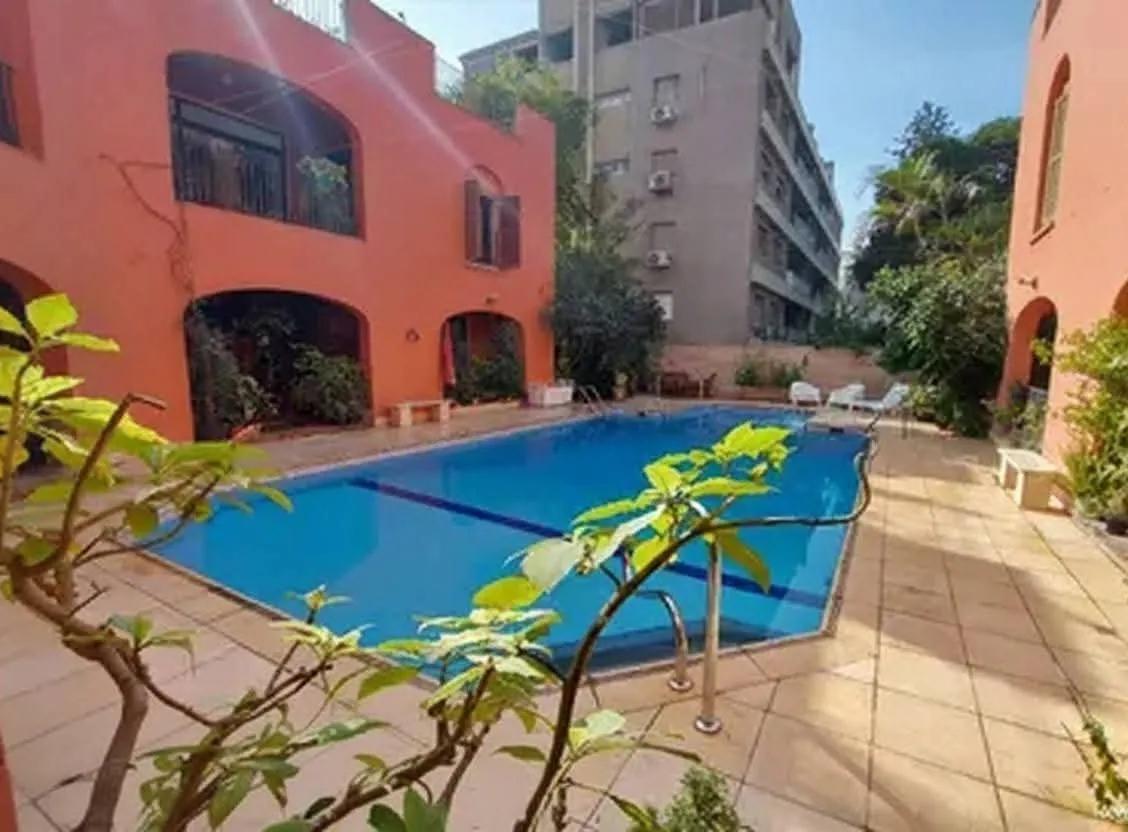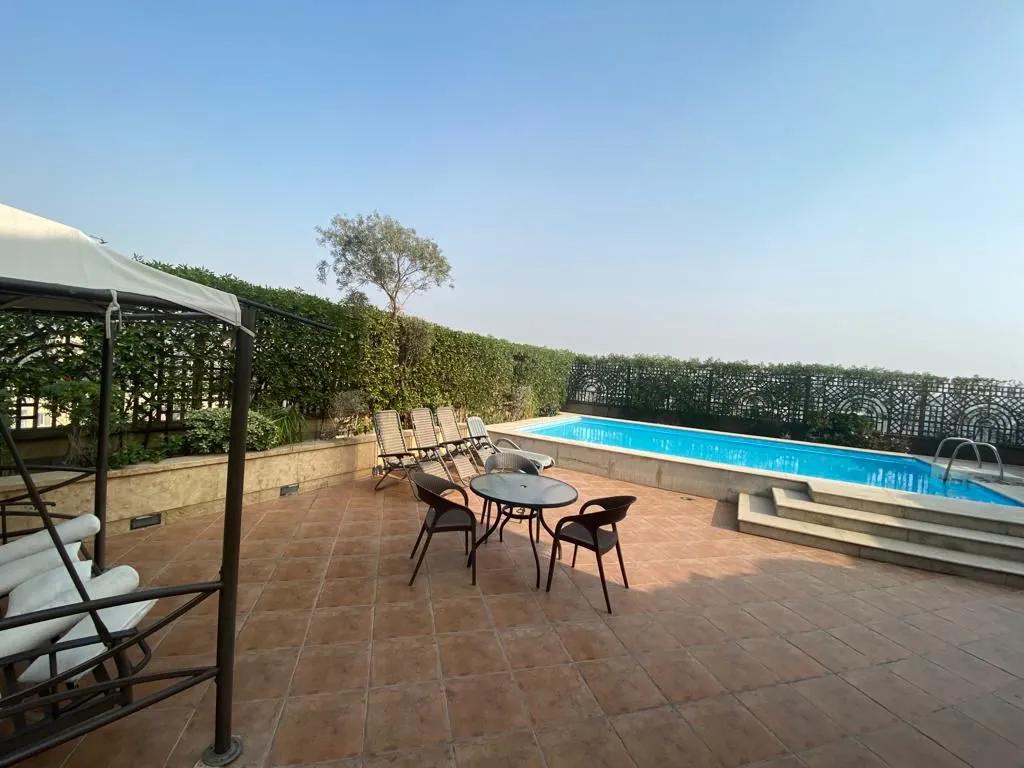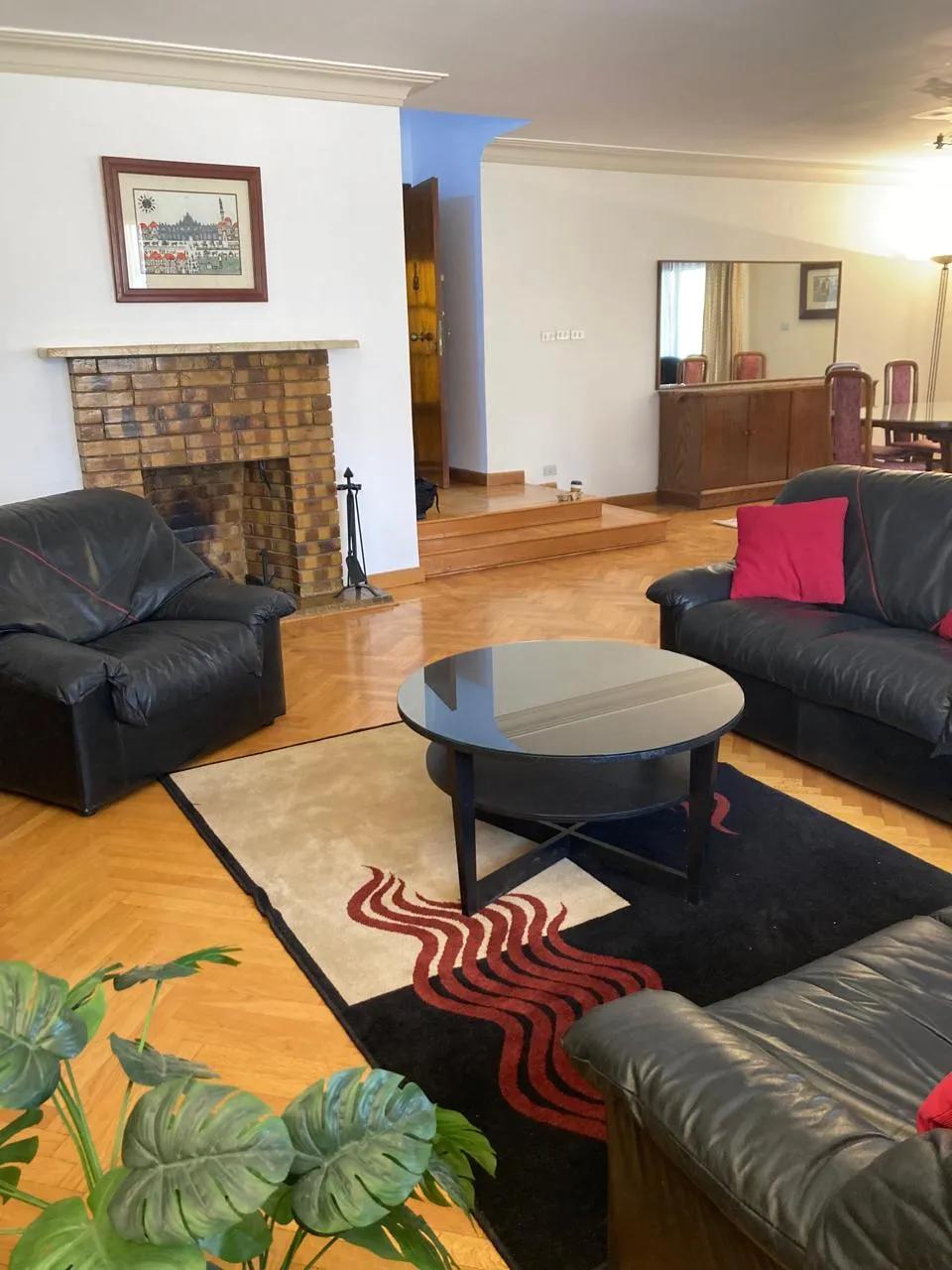GUIDELINES TO RENT A PROPERTY IN EGYPT AS A FOREIGNER
Author
house point egypt
Time
9 Min.
Language
English
Created:
10/30/2025
Updated:
10/30/2025
Guidelines to Rent a Property in Egypt as a Foreigner (With Tips for a Rental Apartment in Cairo)
Moving to a new country is exciting, but renting a property as a foreigner comes with its own set of quirks. If you’re eyeing Egypt, and perhaps specifically a rental apartment in Cairo, here’s a concise, practical guide to help you navigate leases, legalities, and day-to-day realities with confidence.
1) Understand the basics before you start
- Legal status: Foreigners can rent property in Egypt, but ownership laws are different. A lease is the common way to secure a home, while ownership is restricted to Egyptian or certain categories of foreigners under specific conditions.
- Lease term: Most leases run 1–2 years, with automatic renewals unless you or the landlord gives notice. Short-term leases (3–6 months) are possible, but often cost more per month.
- Currency and payments: Rents are usually quoted in Egyptian pounds (EGP). Payments are often cash or bank transfer; some landlords may accept international credit cards or online transfers, especially through agents.
2) Decide where to live (with a focus on Cairo)
- Neighborhoods: Downtown and Garden City offer proximity to offices, embassies, and tourist sites; Zamalek is popular with expatriates; New Cairo/Heliopolis have newer developments and amenities; Dokki and Mohandessin offer a mix of housing and access.
- Safety and convenience: Look for areas with 24/7 security, reputable building management, reliable utilities, and easy access to groceries, banks, and healthcare.
- Rental market reality: Expect negotiation on monthly rent and a security deposit (often 1–3 months’ rent). Utilities may not be included in the rent.
3) Find the right property (and beware of scams)
- Use reputable channels: Established real estate agencies, international property portals, and well-rated local agents are safer. Word-of-mouth from colleagues or expatriate communities also helps.
- In-person viewing: Always view the property before signing anything. Check water pressure, electricity reliability, air conditioning, plumbing, and check for leaks or mold.
- Red flags: Pressure to sign quickly, unusually low rent for the area, insistence on paying in cash to an overseas account, or reluctance to share the lease in writing.
4) Documentation you’ll typically need
- Passport and visa information: A copy of your passport and your current visa or residence permit (if applicable).
- Proof of income or employment: Letter from employer, pay slips, or bank statements. Self-employed applicants may need business documents.
- Security deposit: Usually 1–3 months’ rent, refundable at end of lease if no damages.
- Local contact: Some landlords require a local guarantor or a letter of introduction from a known Egyptian contact.
- Lease agreement in writing: Ensure the contract is in a language you understand (English or Arabic with a translated copy). If you’re not fluent in Arabic, hire a bilingual attorney or translator to review.
5) Understand the lease contract (key clauses to review)
- Parties and property details: Names, property address, start and end dates, and rent amount.
- Payment terms: When rent is due, acceptable payment methods, late fees, and any maintenance settlements.
- Security deposit: Amount, conditions for deduction, and return timeline.
- Maintenance responsibilities: Who handles repairs, routine maintenance, and what constitutes “normal wear and tear.”
- Utilities and service charges: Clarify which utilities (electricity, water, gas, internet) are included and how charges are calculated.
- Termination and renewal: Notice period for terminating the lease, options to renew, and rent increases upon renewal.
- Subleasing and guests: Any restrictions on subletting or long-term guests.
- Dispute resolution: Governing law, venue for disputes, and whether mediation or arbitration is required.
6) Costs you should budget for
- Upfront: First month’s rent plus security deposit. Some landlords may require a utility setup fee.
- Ongoing: Monthly rent, utilities (electricity, water, gas), internet/phone, maintenance fees, and occasional building-amenity charges.
- Agency fees: If you use a real estate agent, expect a commission or service fee (often one month’s rent or a percentage of the annual rent).
- Renovation/fixtures: If you request modifications (e.g., painting, additional shelves), discuss costs upfront.
7) Practical tips for a smoother experience
- Hire a bilingual facilitator: If you’re not fluent in Arabic and not comfortable with legal jargon, hire a bilingual attorney or a trusted bilingual real estate agent to review the lease.
- Document condition at move-in: Take dated photos or videos of the apartment, noting any pre-existing issues. Have the landlord acknowledge those issues in the contract or a separate move-in checklist.
- Utilities setup: Ask for meter readings at move-in, especially for electricity (a common variable in Egypt). Verify internet availability and speed in advance.
- Power outages: Egypt experiences occasional power outages or “load shedding.” Ensure you have reliable backups (uninterruptible power supply for critical electronics) and understand the building’s generator policy if applicable.
- Language and translations: If the lease is in Arabic, request an English (or your preferred language) translation. Avoid relying on a verbal summary alone.
- Insurance: Consider renter’s insurance for personal property and liability.
8) Dealing with common landlord-tenant issues
- Rent increases: Annual increases can occur at renewal; confirm the maximum permitted increase and whether it’s tied to a currency or inflation index.
- Repairs and maintenance: Clarify response times for urgent repairs (water, electricity, security) and non-urgent maintenance.
- Security deposit disputes: Document any deductions with receipts and photos. Request an itemized list if deductions apply.
9) If you plan long-term or can’t find a perfect fit
- Consider serviced apartments or housing compounds: These often include amenities, security, and maintenance, making them expat-friendly for a transitional period.
- Short-term options with options to renew: This lets you explore neighborhoods before committing to a long lease.
10) Quick checklist before you sign
- Confirm rent, deposit, and payment method.
- Read and understand the lease terms; verify translations.
- Inspect the property and document condition with the landlord.
- Verify utilities and internet setup plans.
- Ensure a clear move-out process and deposit return terms.
- Validate the landlord’s identity and ownership of the property to avoid fraudulent listings.
A final note for those seeking a rental apartment in Cairo: patience and due diligence pay off. With a clear checklist, reliable channels, and proper documentation, you can secure a comfortable home that fits your needs while navigating Egypt’s rental landscape as a foreigner.
If you’d like, tell me your preferred neighborhood, budget range, and lease duration, and I can tailor a more specific, step-by-step plan or draft a sample English-Arabic lease checklist for you.






